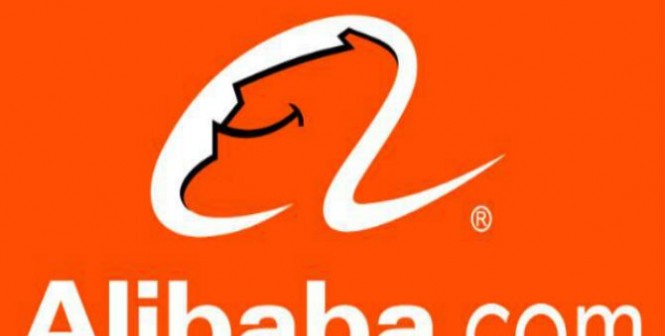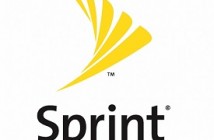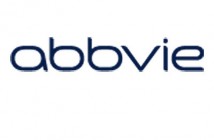Alibaba Group Holding Ltd. (NYSE:BABA) is that company which has been exceptionally quick in its rise, but so has its downfall been equally swift. Although, the company did break records with its mind blowing $25 billion IPO last year, however the success and consequent charm weren’t to last a long time.
Alibaba Group Holding Ltd. (NYSE:BABA) made a grand appearance in the American markets. After its launch, the company’s stocks rose to an astounding figure of $120 billion. However, soon after hitting this grand mark, the stocks had to face a decline of 30%. Presently, Alibaba Group Holding Ltd. (NYSE:BABA) is carrying out its trade at $81.86. Investors are hoping that it would come up to the level of its biggest rival, Amazon.com, Inc. (NASDAQ:AMZN) But will this probability ever become a reality, is a question which yet needs to be answered.
Citigroup made a declaration in this regard, whereby it asserted that Alibaba Group Holding Ltd. (NYSE:BABA) has fallen short of that characteristic success which is associated with Amazon, by a large degree. Investors of Amazon.com, Inc. (NASDAQ:AMZN) have been making their way into the company again despite its poor financial reports of the recent quarters as well as its low profit margins. Yet, this year has started out pretty good for the company. It has almost been only three months and already a rise of approximately 21% can be observed in the company’s stock.
As a matter of fact, Amazon.com, Inc. (NASDAQ:AMZN) has surpassed all other new e-commerce giants including Alibaba Group Holding Ltd. (NYSE:BABA) and its success story. Probably this is because of Amazon’s refined business strategy and its well-formed business model, which has stood the test of time.
Amazon.com, Inc. (NASDAQ:AMZN) made its way into the Chinese markets by making an alliance with Alibaba Group Holding Ltd. (NYSE:BABA). It opened an online store at its online trading platform Tmall. Alibaba Group Holding Ltd. (NYSE:BABA) supporters might have seen it as a sign of weakness or defeat; but it has turned out to be pretty favorable for Amazon.com, Inc. (NASDAQ:AMZN). Even though, Alibaba Group Holding Ltd. (NYSE:BABA) does own 80% of Chinese market shares; but even then Amazon’s gross revenue earned from all over the world surpasses that of Alibaba by a large amount.
There is no denying the fact that Amazon.com, Inc. (NASDAQ:AMZN) has a trivial share in Chinese markets, amounting to a mere 1.3%; but at the same time it’s also earning 60% of its revenue from countries outside US. Its success can be determined from this fact that it is the major online retailer in many other countries apart from its home ground.
Tmall commands a commission from Amazon for all trades carried out by Amazon.com, Inc. (NASDAQ:AMZN) via this platform. However, analysts claim that this strategy will ultimately prove to be profitable for Amazon. The difference between both the companies is also essential. Alibaba Group Holding Ltd. (NYSE:BABA) pivotal attention is on technology, while Amazon.com, Inc. (NASDAQ:AMZN) deals in a diverse variety of other items as well. Since its dealership is vast, therefore its staff also equals to almost four times more than that of Alibaba Group Holding Ltd. (NYSE:BABA). Moreover, experts and analysts nurse doubts regarding the extent of success a Chinese enterprise can possibly attain in a foreign land. Evidence does point out that Chinese companies haven’t been very successful in building networks outside the vicinity of Chinese communities.




